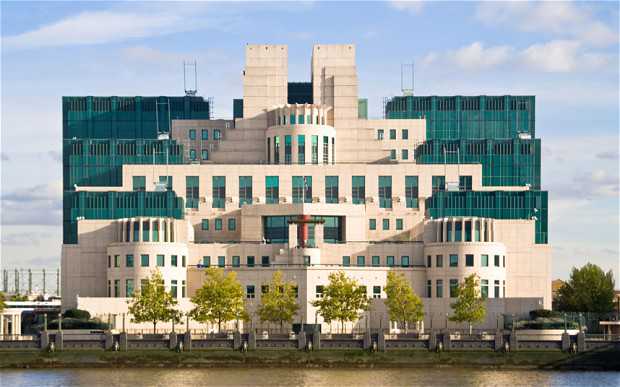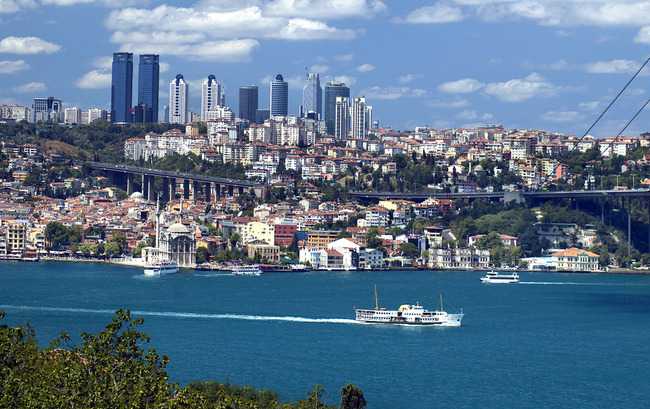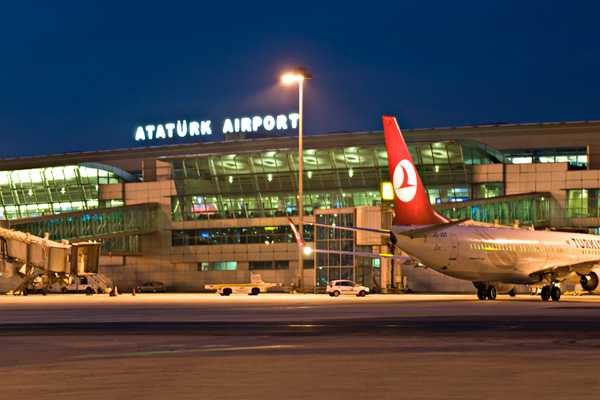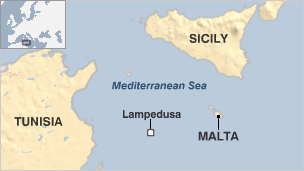 The British intelligence services must persuade public they are working on their behalf and not against them, revealing Julian Assange and Edward Snowden as the “self-seeking twerps” they are, Dame Stella Rimington has said.
The British intelligence services must persuade public they are working on their behalf and not against them, revealing Julian Assange and Edward Snowden as the “self-seeking twerps” they are, Dame Stella Rimington has said.
Dame Stella, the former head of MI5, said openness about the role of the intelligence services would help public trust, after revelations about how information is gathered.
Speaking at the Henley Literary Festival, she added it may now be time for more “oversight” of the issue to reassure the public that the interception of communication was in their best interests, The Telegraph stated.
She said the “main issue” which now needed to be addressed is the “question of intrusion by our security services into everybody’s lives”, which the likes of Assange and Snowden use as an excuse to share secrets.
“It’s very important for our intelligence services to have a kind of oversight which people have confidence in,” she said.
“So that we can be quite sure that in giving them these powers we know they are being properly supervised in the way they are using them.
“I think that it may mean it is now the time to look again at the oversight. I have every confidence that the oversight is good and they’re not trying anything of the things they’re not supposed to.
“But it may be that we need something more complex to convince the nation our intelligence services are actually acting on their behalf and not acting against them.
“Assange and Snowden would be seen to be what I believe they are, which is self-seeking twerps.”
She added the service was now facing one of its most difficult periods ever, with “spreading extremism that is sucking in young people and providing them with some kind of ethic and ethos that is difficult for all of us to understand”.
Dame Stella, 78, also spoke of the difficulties of combining her former role with motherhood, disclosing she had feared for the safety of her daughters after her identity was revealed.
Speaking of the nature of state surveillance, she added: “My own opinion on this is that intelligence, in an increasingly complex and sophisticated world, has to be able to go where the threat is,” she said.
“In that the people who are seeking to harm us are increasingly sophisticated and are using more sophisticated ways of communicating in order to conceal their plans.
“Our intelligence services have to be given the tools to go there too in order to react.”






